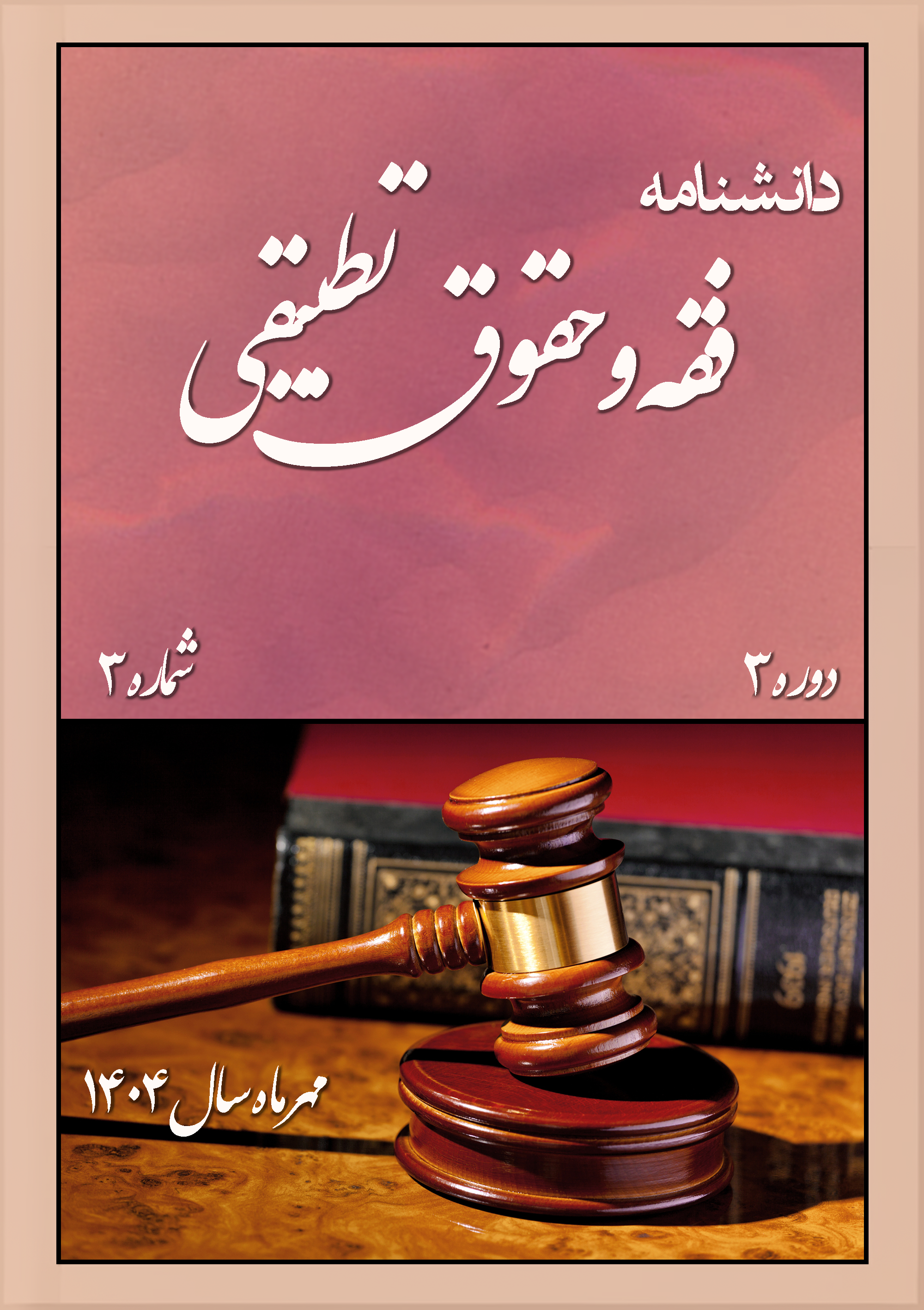Executive Challenges of Good Governance in Iran’s Taxation System
Keywords:
implementation challenges, Tax system, good governanceAbstract
Certain concepts, such as Good Governance, are recognized through their elements and components. Good governance emerged as a theoretical response to the inefficiencies of previous development mechanisms. On the other hand, taxation—being the most important source of government revenue—is influenced by this very concept. Naturally, the mechanisms of the taxation system, especially the Iranian National Tax Administration, must align with the principles and components of good governance, such as the rule of law, transparency, accountability, and others. However, the Iranian taxation system faces several executive challenges, including the establishment and operation of a comprehensive taxpayer financial information system, the adoption of up-to-date taxation methods, the existence of inefficient tax exemptions, inadequate training for both tax officers and taxpayers regarding their rights and obligations, the need to enhance tax culture, clarity on how tax revenues are allocated, and combating administrative corruption. Addressing these challenges first requires a sound legal and regulatory framework, and within the scope of executive implementation, will ultimately lead to reduced tax evasion, increased public satisfaction, and sustainable development.
Downloads
References
Ameri, R. (2022). Good Governance in Iran’s Tax System. Ganj-e Danesh Publishing.
Nazari, A., & Fadaei, I. (2013). Pathology of Iran’s Tax System. Journal of Financial and Economic Policies, 1(4).
Rahmatollahi, H., Habib Nejad, S. A., & Izadi, S. (2020). An Optimal Model of Tax Compliance in Iran: A Combined Model. Tax Research Journal(45).
Rostami, V. (2008). Authorities and Powers of the Tax Authority in Iran's Tax Law. Legal Journal(3).
Rostami, V., Asgharnia, M., & Nikbin, M. (2013). Legal Review of the Incentives of the Law and Executive Regulation for Encouragement and Protection of Foreign Investment (2002) in FDI and Contractual Arrangements. Journal of Private Law Thoughts (University of Science and Culture), 1(2).
Rostami, V., & Barzegar Khosravi, M. (2014). The Legal Nature of the Budget (Document or Law). Islamic Law Journal, 15(2), 40.
Rostami, V., & Ghobadi, H. (2018). Distributive Justice, Efficiency, and the Termination of Employment Contracts. Public Law Studies, 48(1).
Rostami, V., & Kamarkhani, A. (2016). Taxation and Improving the Quality of Privatization. Planning and Budgeting, 21(2), 133.
Rostami, V., & Ketabi, R. (2012). A Comparative Study of Tax Enforcement Guarantees in Iran and the UK Tax Law. Tax Research Journal, 4(14).
Rostami, V., Mohammadi, F., & Ranjbar, M. (2017). Legal Analysis of the Role of Taxation in Political Development and Democracy. Public Law Studies, 47(3).
Downloads
Published
Submitted
Revised
Accepted
Issue
Section
License
Copyright (c) 2025 سید محمدرضا بیدکی (نویسنده); محمدحسین جعفری; سید محسن میرحسینی (نویسنده)

This work is licensed under a Creative Commons Attribution-NonCommercial 4.0 International License.










